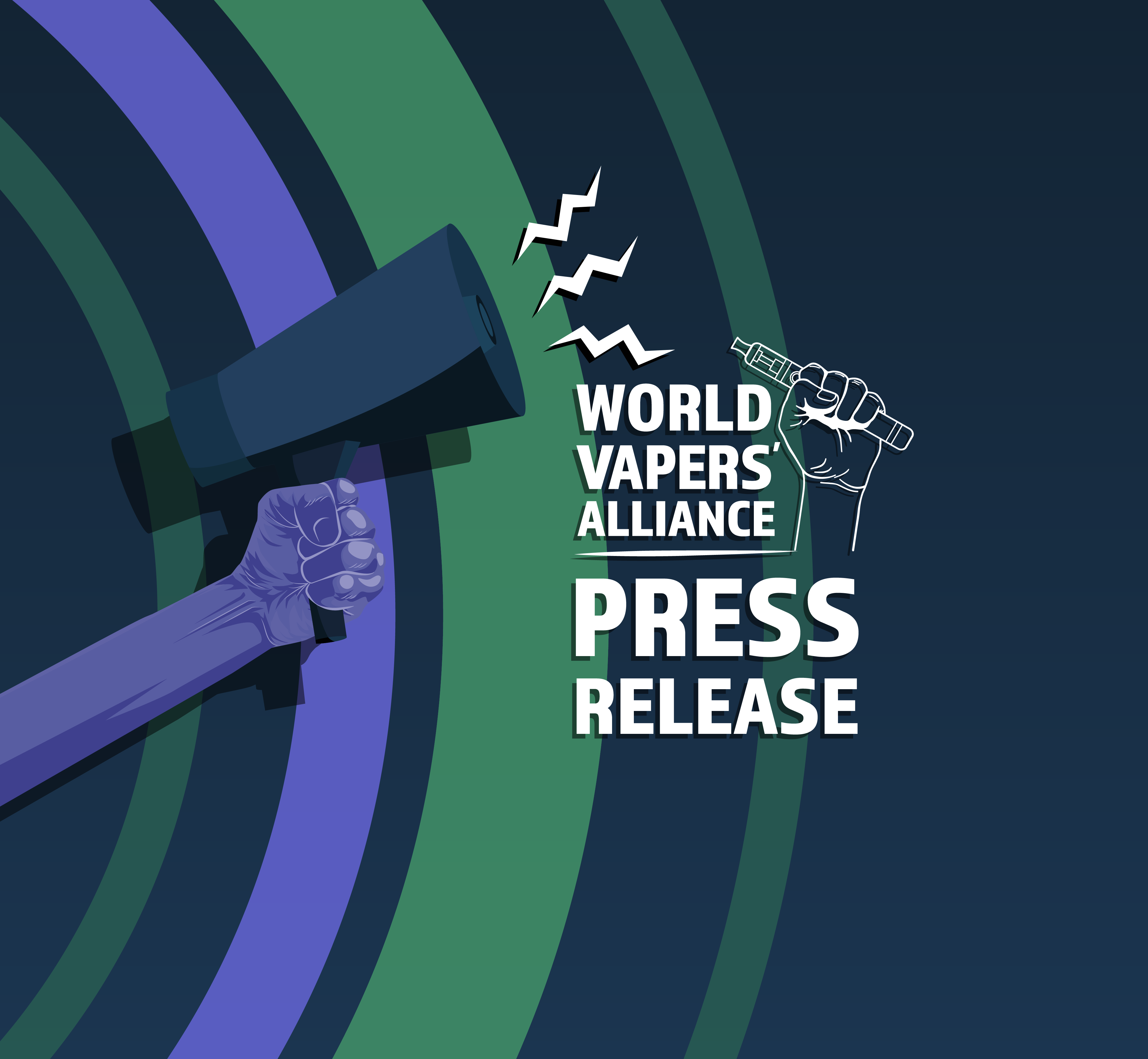In a recent development that underscores the unintended consequences of (de facto) prohibition, Melbourne has become the epicentre of what’s being referred to as the “tobacco wars.” A series of suspected arson attacks targeting tobacco shops, coupled with the Australian Federal Government’s crackdown on illegal tobacco imports, highlights a critical oversight in current policy approaches to smoking and vaping.
The latest incident in Craigieburn, involving a tobacco shop fire accompanied by multiple explosions, is possibly linked to the ongoing battle for control within the illicit tobacco market. This event follows a series of arrests connected to the Finks motorcycle gang, pointing to a broader issue of organised crime’s involvement in the illegal tobacco trade.
This scenario begs a deeper examination of the root causes fueling the rise of illicit markets. The government’s tough stance on vaping and its regulation plays a central role in driving consumers towards unregulated, often dangerous alternatives. By limiting access to safer nicotine delivery methods, such as vaping, policymakers inadvertently encourage the black market, providing fertile ground for organised crime to thrive.
According to Health.gov.au Since 1 October 2021, Australians require a prescription to lawfully access nicotine containing vape products. And there is even more, from March 1, 2024, other requirements are introduced including: a ban on the importation of all vapes without an import licence and permit.
The Australian government must reconsider its approach. By embracing harm reduction strategies, including better accessibility of vaping products, authorities can undermine the illicit market, protect public health, and secure tax revenues. The experiences of countries that have successfully integrated vaping into their public health strategies demonstrate the potential benefits of such an approach.
In light of the current crisis, it’s clear that reevaluating vaping regulations is desirable and necessary. The Australian government must recognise that its existing policies contribute to the problems it seeks to solve. Embracing a more nuanced, evidence-based approach to nicotine regulation could mark a significant step forward in public health and safety, undermining the illicit markets that currently plague the nation.
Here’s what can be done:
Empirical data and numerous accounts from ex-smokers underscore vaping’s lower health risks compared to traditional smoking and its efficacy as a smoking cessation aid. Without easily accessible alternatives like vaping, efforts to combat smoking-related diseases are significantly undermined. The Australian government should wholeheartedly commit to harm reduction by:
– Encouraging smokers to switch to vaping, mirroring the successful harm reduction approach of New Zealand.
– Ensuring that adults can access a wide range of affordable vaping products.
– Implementing public health campaigns to provide clear, scientifically grounded information, thereby enabling informed decisions. It’s crucial that future initiatives accurately convey the relatively low risks of vaping compared to smoking, helping to dispel prevalent myths and misconceptions.
By adopting these measures, the Australian government can mitigate the risks associated with smoking, dismantle illicit tobacco markets, and safeguard public health through informed policy-making and effective harm-reduction strategies.




